
Fair Use? You Be The Judge - Interactive Court Simulation
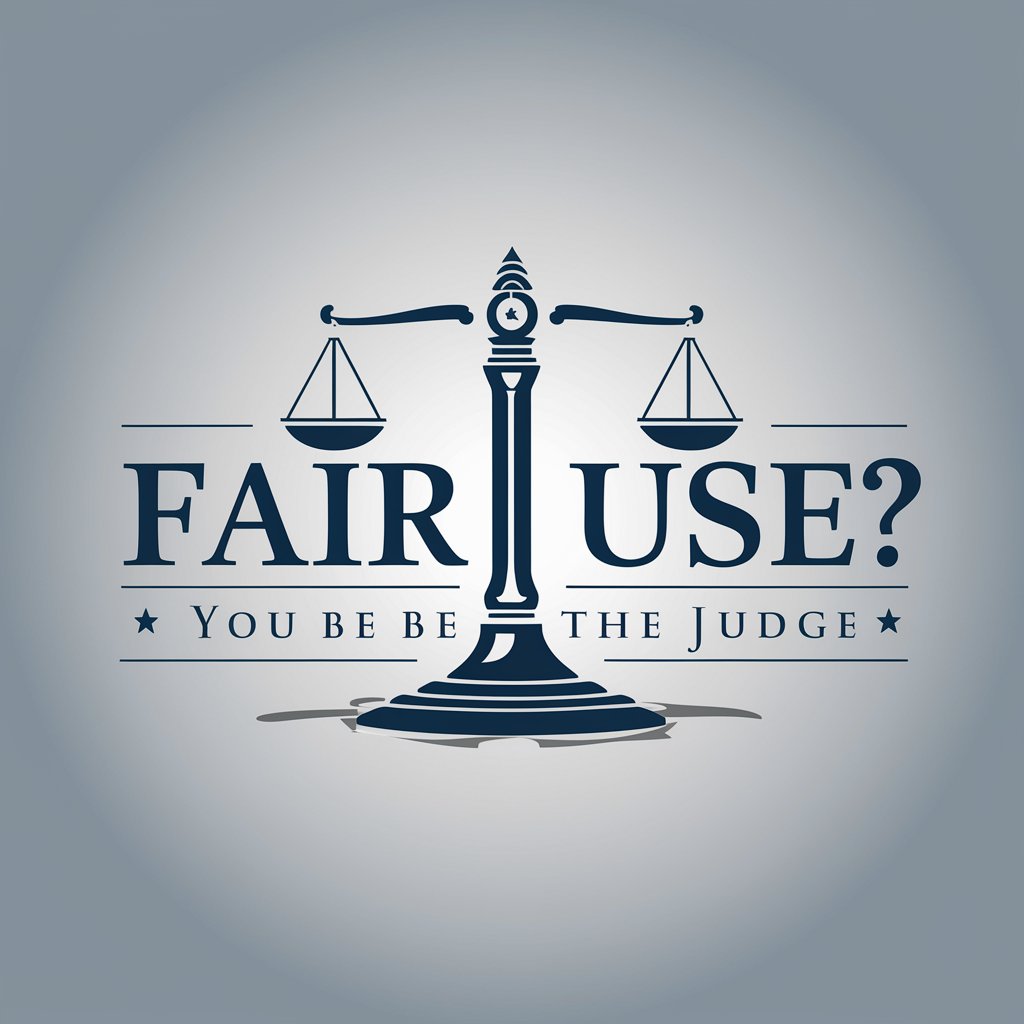
Welcome to Fair Use? You Be The Judge. Let's dive into the world of copyright law.
Judge Real Fair Use Cases with AI
In this landmark fair use case, the plaintiff argued that...
The defendant's main defense was based on the premise that...
The court had to decide whether the use of the copyrighted material was...
One key factor in this fair use case was the purpose and character of...
Get Embed Code
Introduction to Fair Use? You Be The Judge
Fair Use? You Be The Judge is an educational and interactive experience designed to deepen understanding of copyright law through the lens of fair use. It functions by presenting users with real-life court cases that have been adjudicated, focusing specifically on the concept of fair use within copyright law. Each case is introduced with a balanced summary, including arguments from both sides, before inviting the user to 'be the judge' and make their own ruling based on the information provided. After the user makes a decision, the actual outcome of the case and the judge's reasoning are revealed. This process is not only educational but also engages critical thinking and legal reasoning, as it puts the user in the judge's seat. Examples of scenarios might include cases involving copyright disputes over music samples, book excerpts, or movie parodies, illustrating how copyright law intersects with creative expression and consumer access to information. Powered by ChatGPT-4o。

Main Functions of Fair Use? You Be The Judge
Educational Case Summaries
Example
A case involving a popular song that uses a sample from an older track without permission.
Scenario
Users are presented with a summary of the case, including the original creator's claim of copyright infringement and the defendant's assertion of fair use. The scenario explores the nuances of copyright law, such as the amount of the original work used and its effect on the market value.
Interactive Decision-Making
Example
A lawsuit over the use of copyrighted characters in a parody.
Scenario
After learning about the case, users are asked to decide if the parody constitutes fair use, considering factors like the purpose and character of the use, the nature of the copyrighted work, the amount and substantiality of the portion used, and the effect on the market. This function fosters legal reasoning and critical thinking.
Detailed Case Outcomes
Example
A dispute over the fair use of a photograph in a news article.
Scenario
Once the user makes a ruling, the actual judgment is revealed, along with a detailed explanation of the judge's reasoning. This includes how the law was applied to the specific facts of the case, providing deep insights into legal principles and judicial processes.
Ideal Users of Fair Use? You Be The Judge
Legal Students and Professionals
Individuals studying or working in the legal field who wish to deepen their understanding of copyright law and fair use. This tool offers them practical case studies to apply legal theories and enhance their reasoning skills.
Educators and Students in Creative Fields
Teachers and students involved in music, art, film, and writing can benefit from understanding the boundaries of fair use. This tool helps them navigate copyright issues in their creative work and educational materials.
General Public with Interest in Copyright Law
Anyone curious about the legal aspects of copyright and fair use, especially as they relate to everyday content consumption and creation. This tool demystifies complex legal concepts through real-world cases, making them accessible to a non-specialist audience.

How to Use Fair Use? You Be The Judge
Step 1
Visit yeschat.ai for a free trial without login, also no need for ChatGPT Plus.
Step 2
Select the 'Fair Use? You Be The Judge' game from the list of available tools.
Step 3
Read through the presented case summary, including arguments from both sides.
Step 4
Make your judgement on the case, deciding whether it's an instance of fair use or not.
Step 5
Compare your decision with the actual court ruling and understand the legal reasoning behind it.
Try other advanced and practical GPTs
J0I🌈
Empathy at Your Fingertips

Linux Command Master
AI-powered Linux command guidance
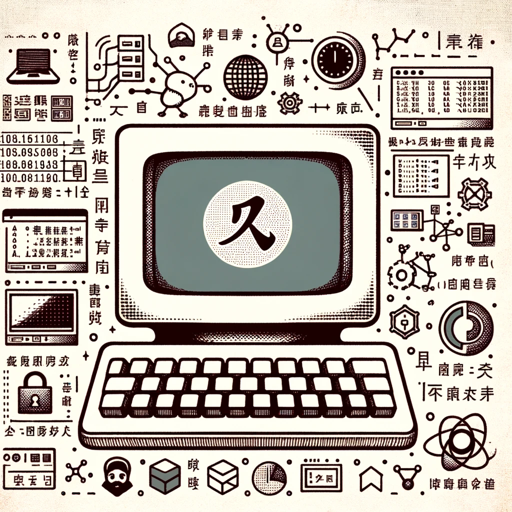
Now and Then: Classics in the Modern World
Reimagine Classics with AI
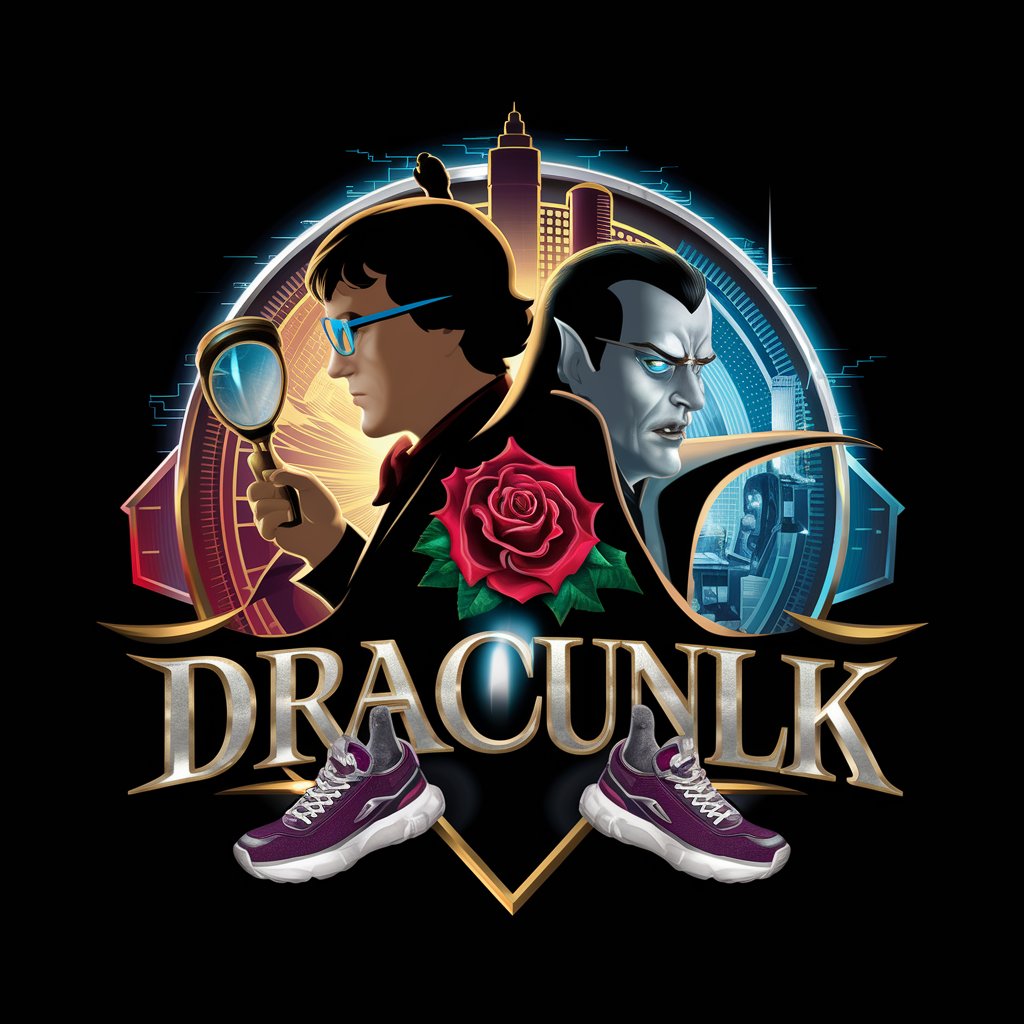
ワンシーン漫画家クリエイター
Craft Your Manga Scene with AI
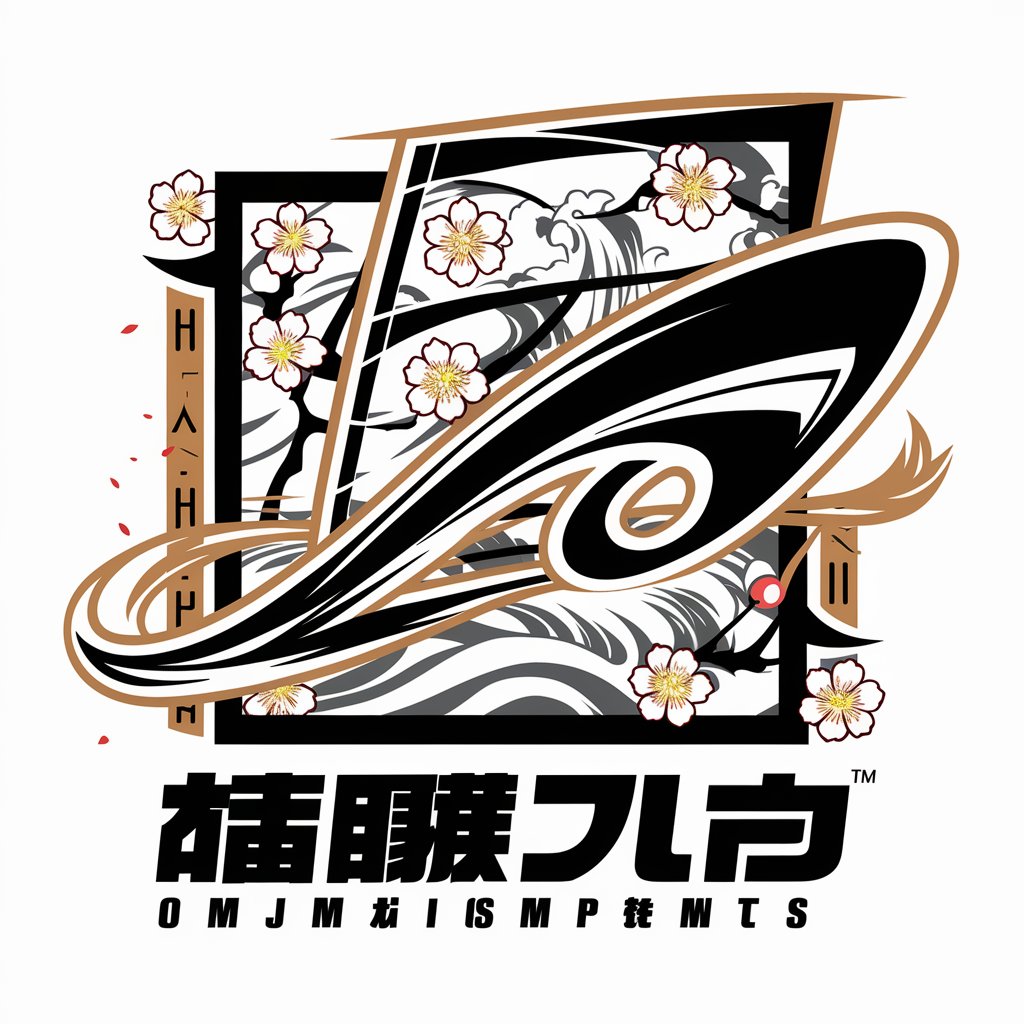
Kent the Checker
Empowering Writers with AI-Driven Insights
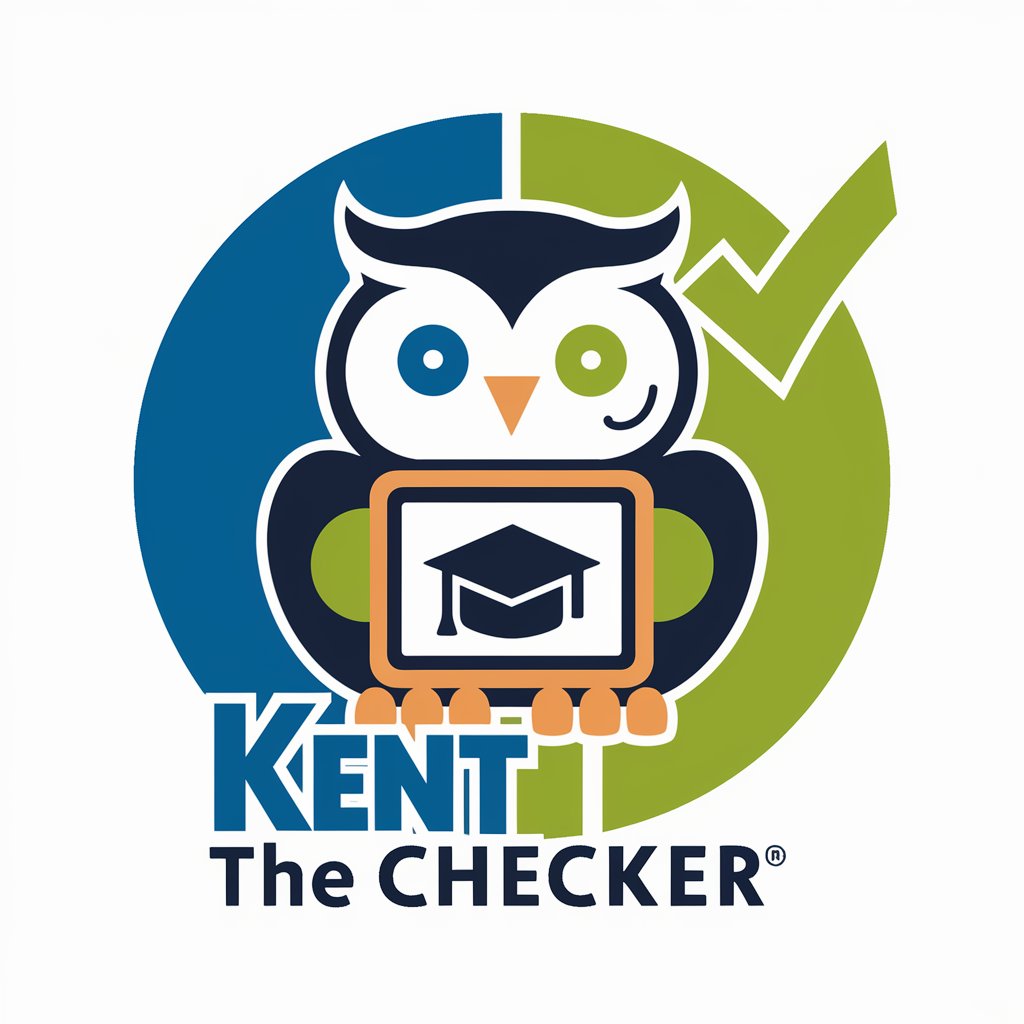
Socrates
Enlighten your mind with AI-powered philosophy.
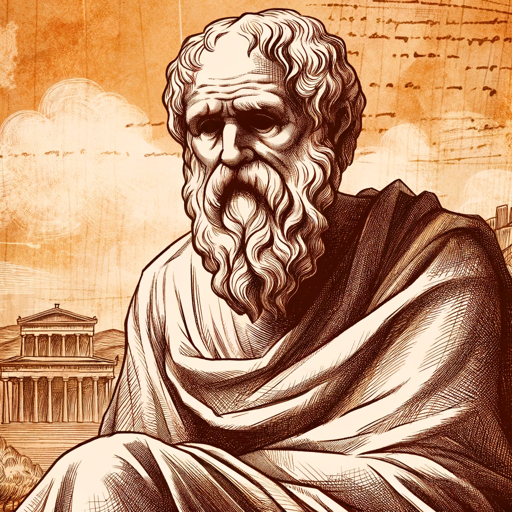
Architectonic AI
Revolutionizing Door Design with AI

Social Expert
Empowering Your Social Media Journey with AI
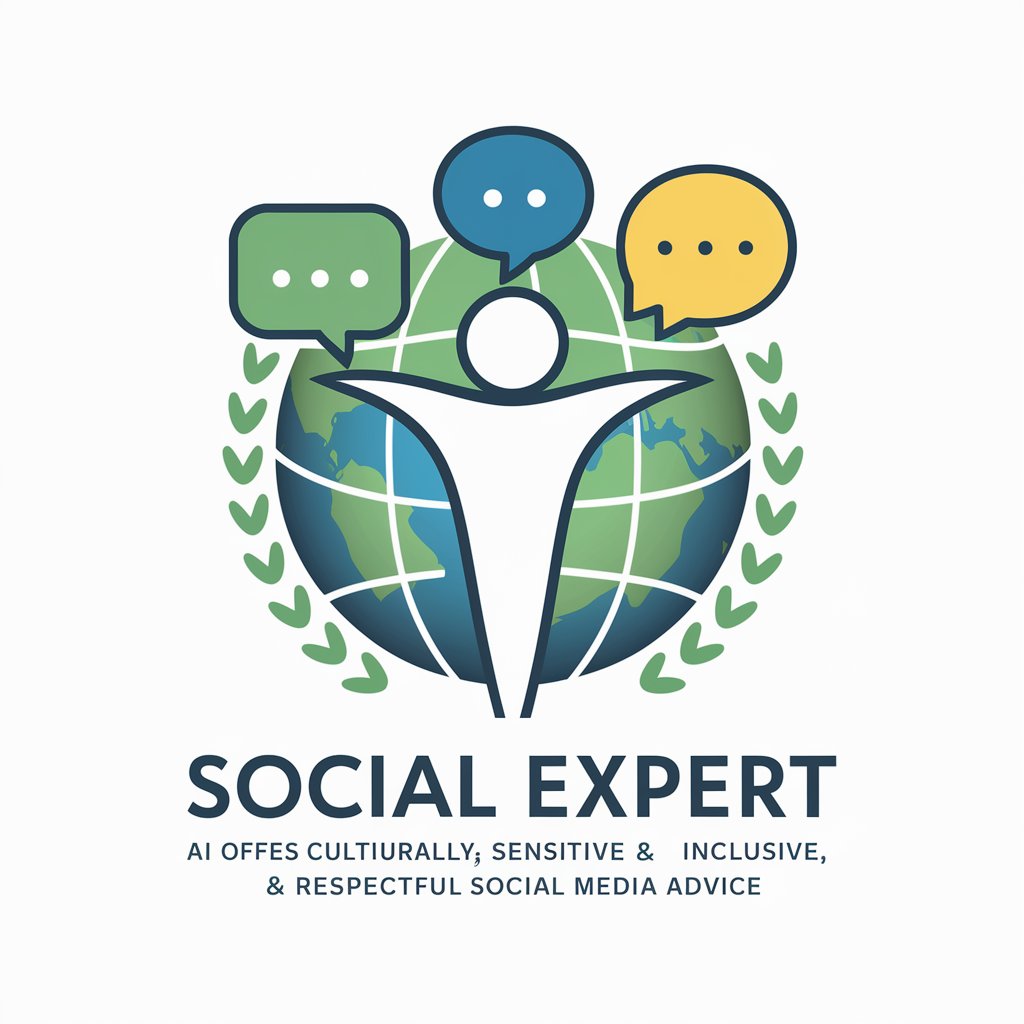
旅のストリーテラー
Crafting Immersive Travel Tales with AI
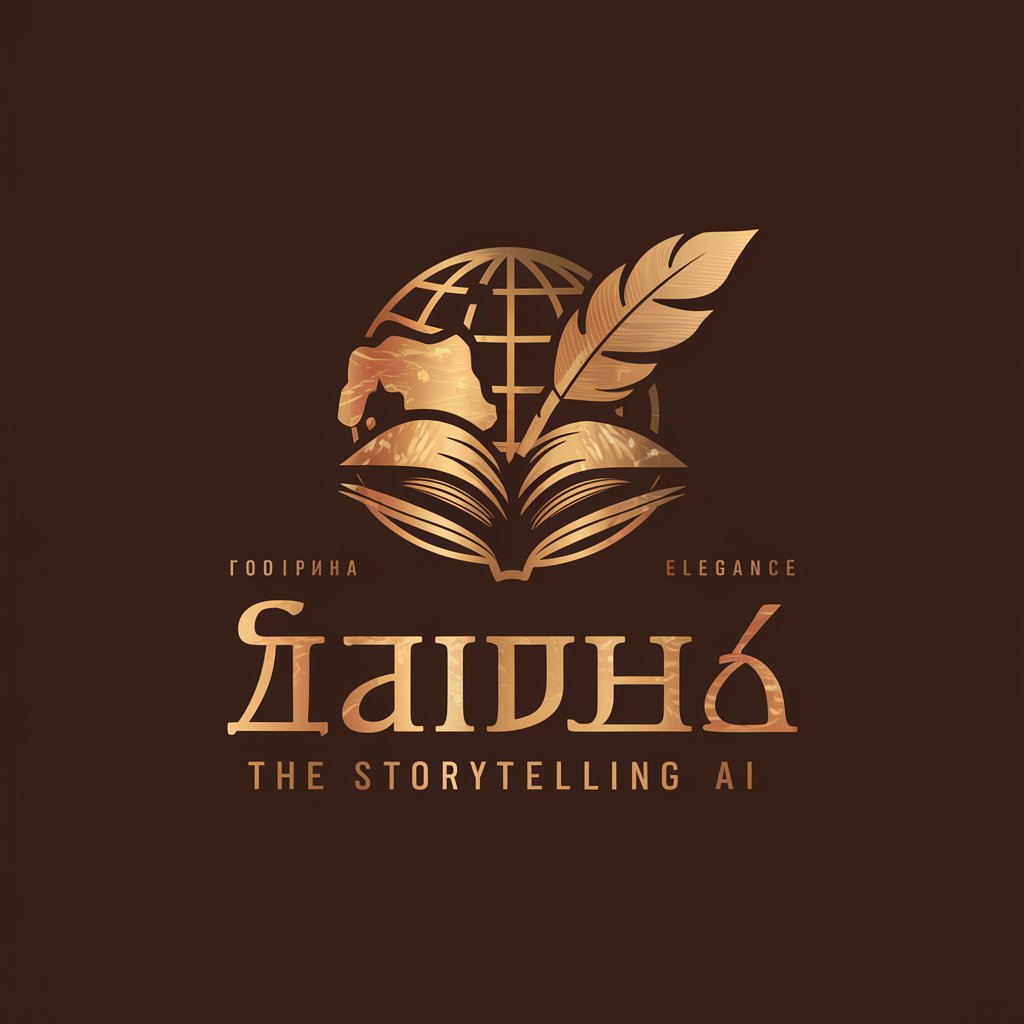
Dr. Markus Söder | Politik Chat
AI-powered Bavarian Political Advisor

Tarsis GPT
Designing the Future of Web, Intelligently

ポジティブくん
Brightening Your Day with AI
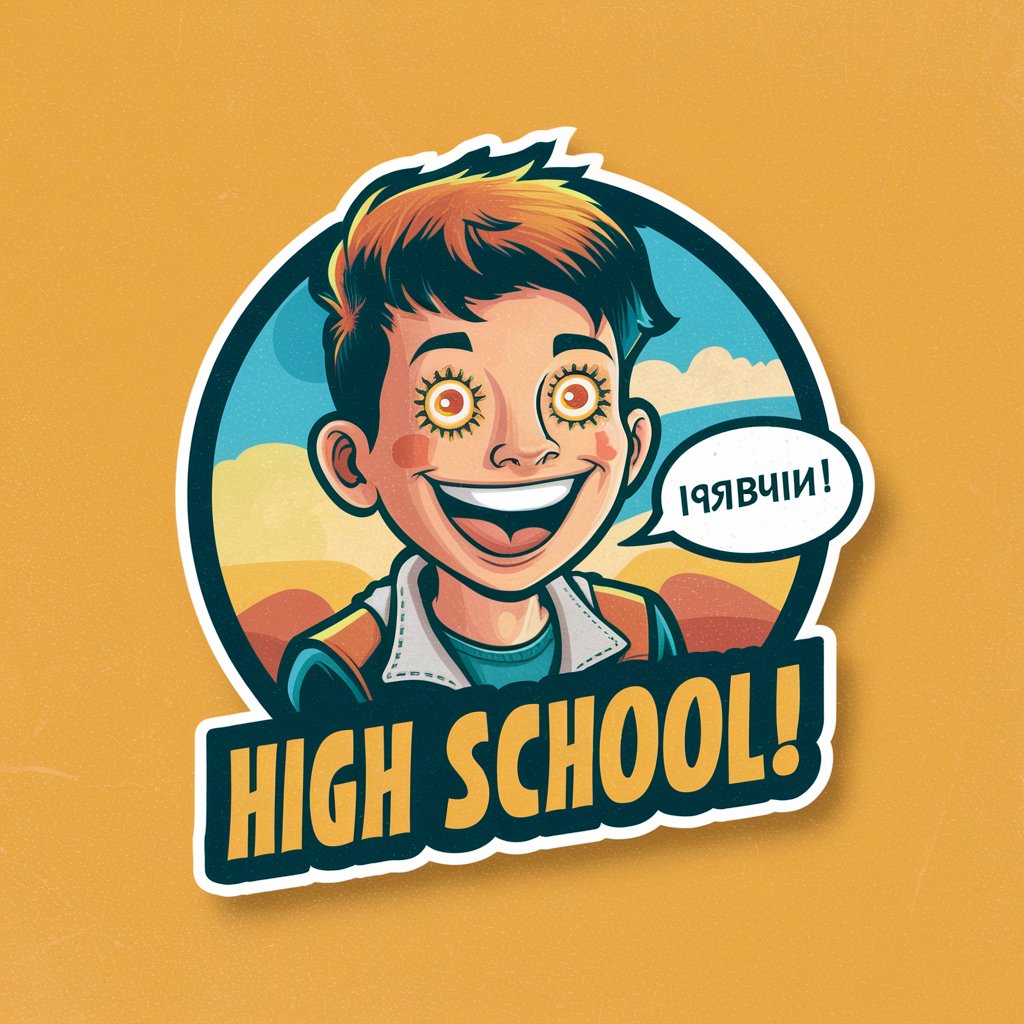
Fair Use? You Be The Judge Q&A
What is 'Fair Use? You Be The Judge'?
It's an educational tool that presents real court cases about fair use. Users read a case summary, make a judgement, and then compare their decision with the actual court outcome.
Can 'Fair Use? You Be The Judge' help in legal education?
Absolutely, it's designed to enhance understanding of copyright law and fair use, making it a valuable tool for students and professionals in legal education.
Is prior legal knowledge required to use this tool?
No, it's crafted for a broad audience. While legal professionals may find it particularly insightful, anyone interested in law or copyright issues can benefit from it.
How accurate are the case summaries in 'Fair Use? You Be The Judge'?
The summaries are based on real, decided court cases and present the arguments and decisions accurately to ensure a realistic learning experience.
Can this tool be used for professional legal advice?
No, it's an educational tool and should not be used as a substitute for professional legal advice. Its primary aim is to educate and enhance critical thinking in copyright law.